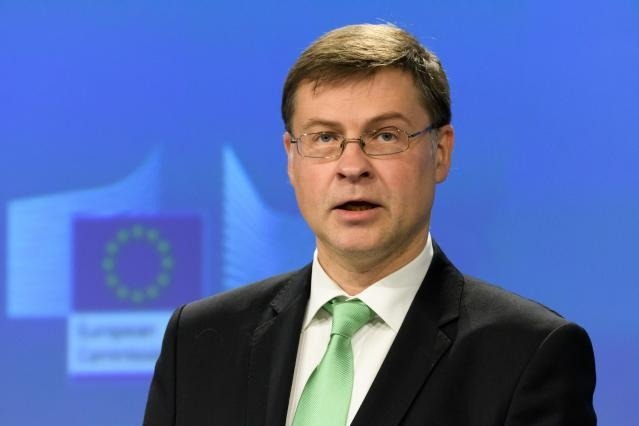The European Commission published yesterday its 2018 conversion report on the progress of the non-euro member states towards joining the euro area. In varying degrees, none of them currently meet all the formal conditions. The seven countries - Bulgaria, the Czech Republic, Croatia, Hungary, Poland, Romania and Sweden - are legally committed to adopting the euro. They differ from the two other non-euro countries, Denmark and the UK, which negotiated opt-out arrangements.
The convergence criteria (sometimes referred to as the “Maastricht criteria”) include price stability, sound public finances, exchange rate stability and convergence in long-term interest rates. The compatibility of national legislation with the rules of the Economic and Monetary Union (EMU) is also assessed.
All countries meet the criterion on sound public finances (government deficit and debt) but none meets the criterion on exchange rate stability. This requires participation in the Exchange Rate Mechanism for two years without severe tensions.
In parallel to and independently of the Commission’s report, the European Central Bank (ECB) also published a convergence report. There are only minor differences in the assessments.
ECB found that the legal framework did not fit the requirements for the adoption of the euro in any of the countries. The Commission's assessment is that Croatia's legislative framework is compatible with the rules of the EMU and that its national legislation safeguards the independence of its national central bank.
The Commission also concluded, contrary to ECB, that Romania does not meet the price stability criterion.
A Commission spokesperson confirmed to The Brussels Times that none of the seven countries have applied for participation in the mechanism. Bulgaria may be the only country, according to Vice-President Valdis Dombrovskis, to work towards participation.
This might not come as a surprise considering the criticism against the single currency during the financial crisis. While the euro has been credited for lower inflation, lower travel costs, more cross-border trade and better access to capital, it also prevents a country in economic troubles to regain competiveness by devaluating its currency.
The Commission however is optimistic about more countries joining the euro area and refers to the new Eurobarometer survey published the same day as the convergence report (23 May).
According to the survey, support for joining the euro in the seven non-euro area countries covered by the report is up 4 percentage points to 51% on last year's figure. Support for the euro amongst citizens is at its highest level since 2004.
“We are confident that, as the various benefits of euro area membership become clearer to citizens in these member states, this positive trend will continue,” the spokesperson said.
The Brussels Times

